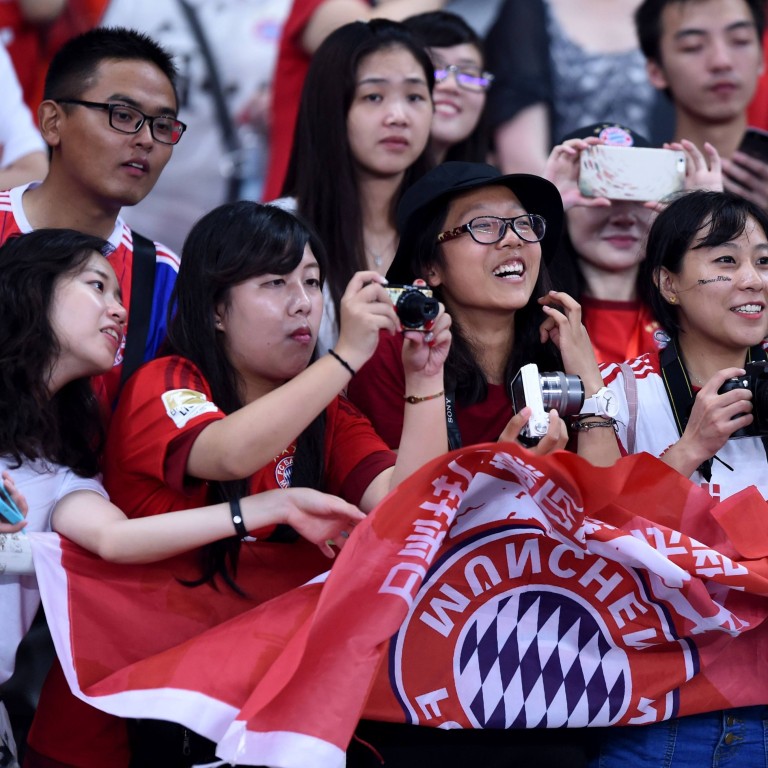
Bundesliga’s head of Asia-Pacific Kevin Sim wants to unearth Hong Kong and China’s next global football talent
- After years of pandemic-influenced pivots, Germany’s top league wants to bring in-person activities back ‘at the earliest time’
- With a rich Asian player history and new Chinese poster boy, Sim hopes ‘someone from Hong Kong or China will play in the Bundesliga soon’
Germany’s top football league targets physical events back in Hong Kong and China “at the earliest possible window”, says Bundesliga Asia-Pacific head Kevin Sim.
“Slowly but surely [the pandemic] will come to pass and we’d definitely like to bring more activities to Hong Kong, and eventually to China,” said Sim, who last month conducted in-person business at the league’s Frankfurt headquarters for the first time in more than two years.
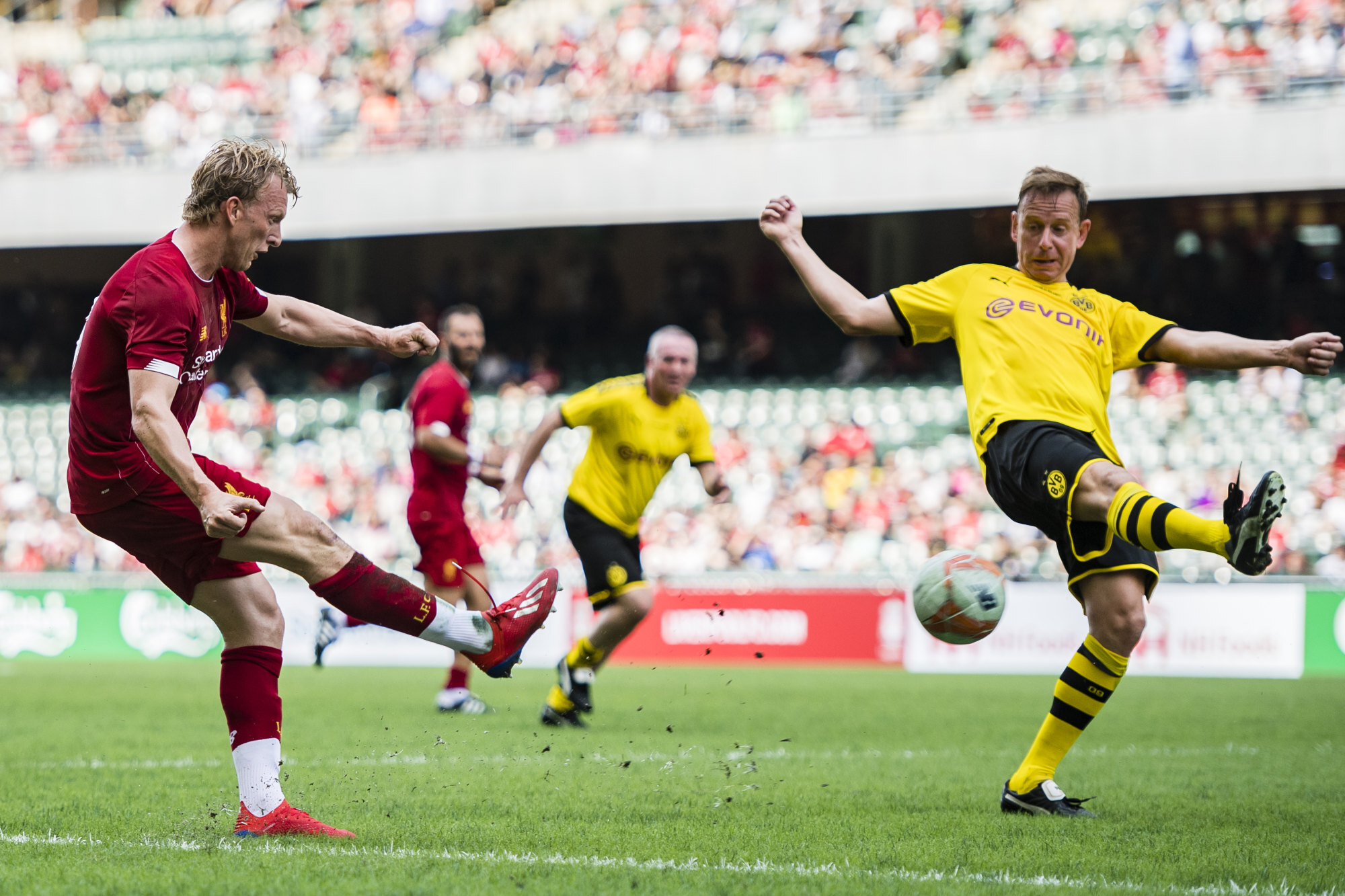
“Obviously in markets like China and Vietnam where it’s a lot more strict we’ve been pivoting to digital activations and media round-tables, so we’ve always been active.
“It’s given us a bigger challenge than ever before, but it hasn’t deterred us in terms of intent in trying to bring the Bundesliga closer to the region.”
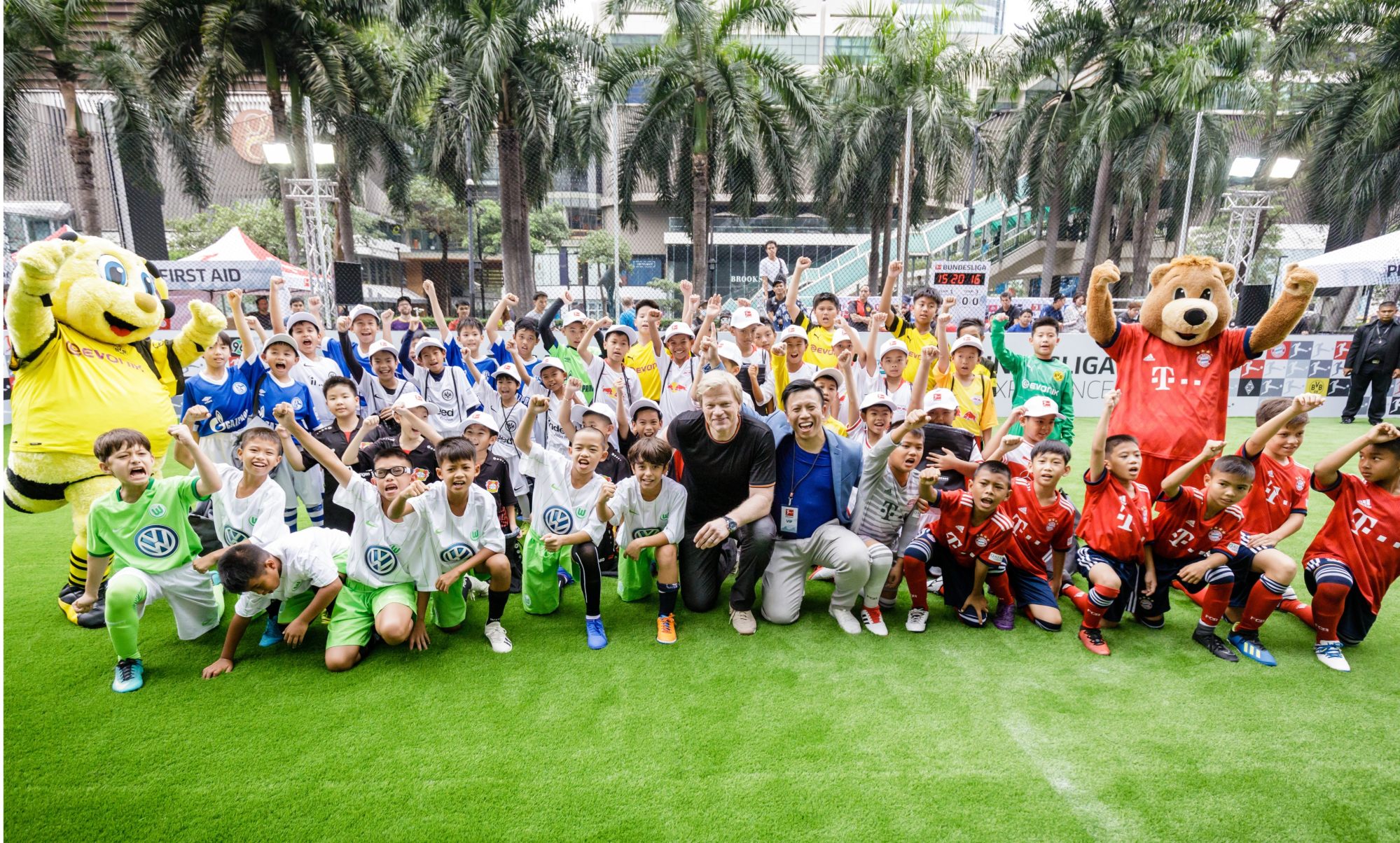
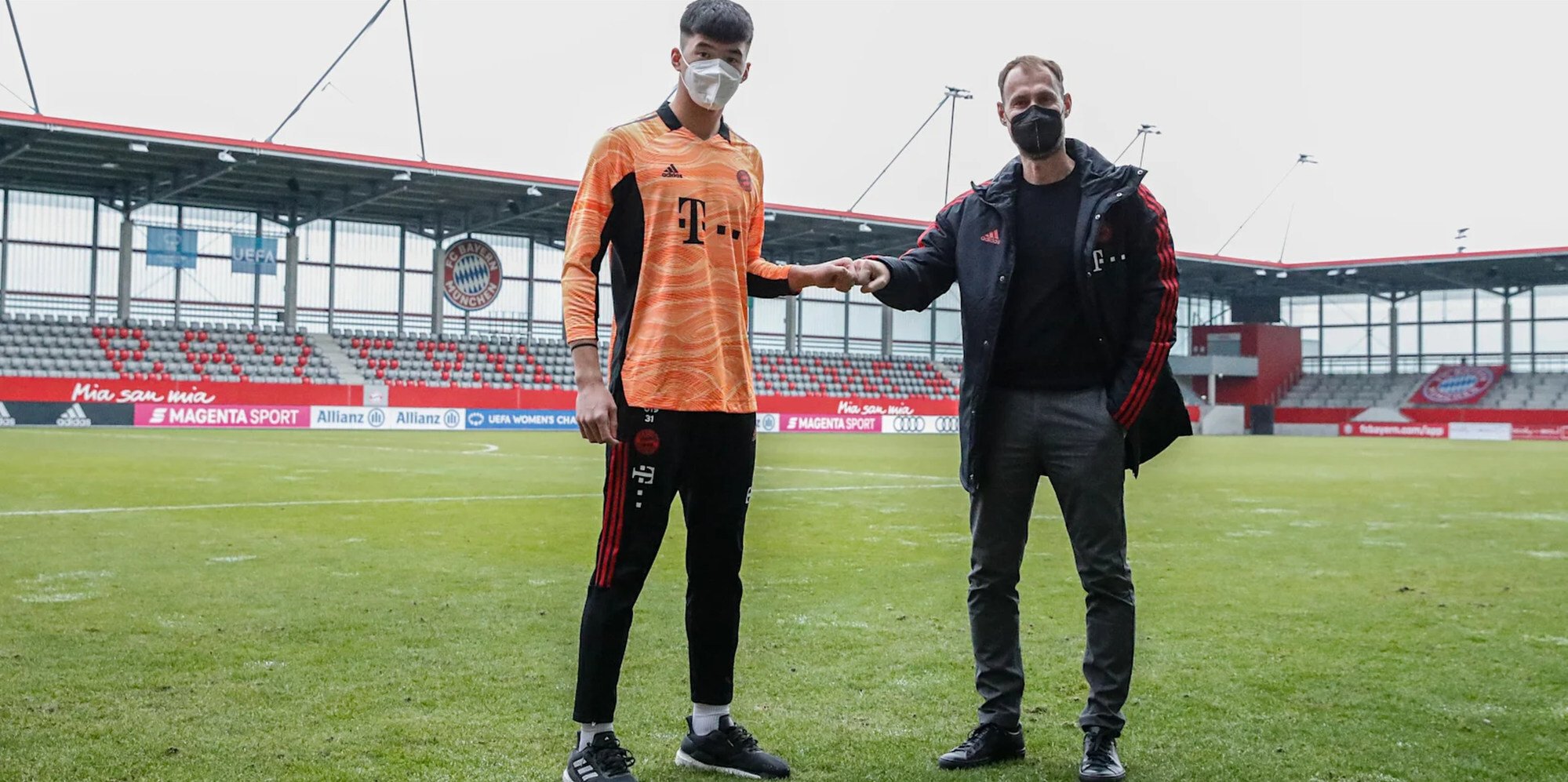
“APAC is one of the key regions we want to grow, so there’s been a lot of commitment and resources, both on league- and club-level,” Sim said.
“We did a lot of activities in Hong Kong prior to the pandemic, and we had for example Eintracht Frankfurt playing in China with a pit-stop in Hong Kong with our partners.
“The complication is [Hong Kong has] been having a really bad slate of cases, and it’s a little bit difficult from an operational standpoint to discuss possibilities until that kind of eases. But we are definitely looking at the earliest time to bring activities.”
Citing two offices “in close proximity”, Sim hopes Hong Kong, China and surrounding markets will further warm to the league’s mantra, “football as it’s meant to be”. The aim is to culturally translate its fan-first approach to promoting its clubs, most of which are “owned by the fans, not individuals or corporations”.
“Covid-19 is not fully out of the picture yet, but I know a number of teams are itching to get their first teams to China at the earliest possible window. I can only say that the question is when,” he said.
“Our fans are clamouring for it. It’s been two years without a chance to watch their teams. It’s on the top of our minds.”
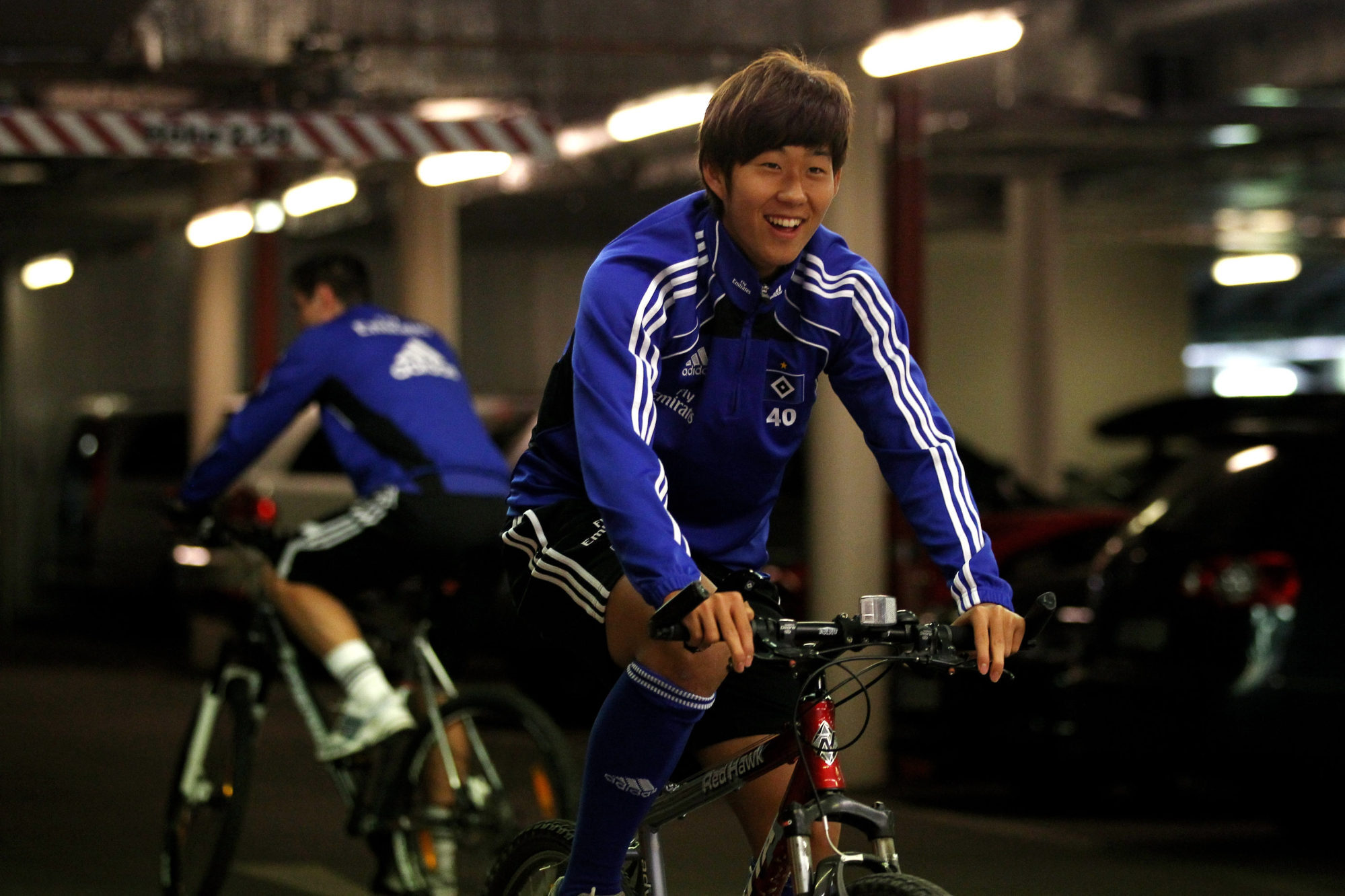
Chinese pair Yang Chen and Shao Jiayi are also considered trailblazers, with the former becoming the first Chinese player to play and score in the Bundesliga in 1998, the latter earning a country-record 77 appearances. Both were inducted into its Bundesliga Legends Network alongside deities like Lothar Matthäus, Cha Bum-kun and Philipp Lahm.
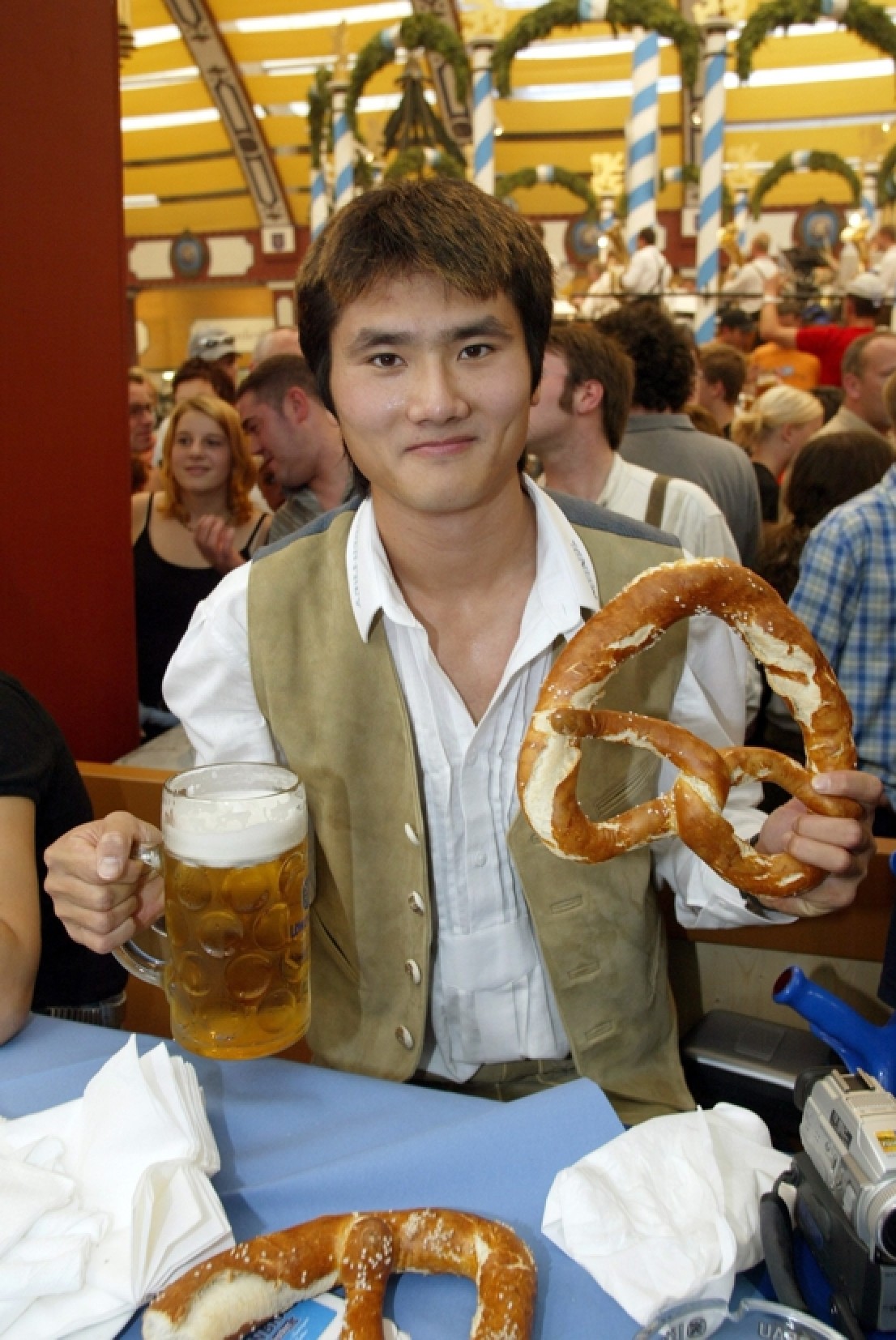
“It points to the heritage that the Bundesliga has in connection with Asia,” Sim said.
“And it’s one we’re definitely looking to build on even more. There are a lot of common threads [showing] that Asian players actually thrive here.”
As for finding the right balance between promoting Asian home-grown heroes and top league stars such as Robert Lewandowski and Erling Haaland to attract young Asian footballing talent, Sim said:
“We’d like to push all of it. The question here is how do the clubs actually scout and identify talent? That’s really down to the clubs. A lot of the time, there’s no so-called financial incentives to say ‘go sign an Asian player’ – it’s purely done from a sporting standpoint.
“For example, when they see a talent who is good enough, like [former Borussia Dortmund star Shinji] Kagawa was brought to Germany on the belief that he could really succeed on the field.
“In the case of Liu Shaoziyang, this was a long process because he was training for over a year before he was signed. Every young Asian player aspires to play in the Bundesliga or Europe, but obviously the pathway to success is not an easy one.
How Kiwi-Indian Sarpreet Singh landed a historic Bayern Munich move
“It’s a very steep learning curve that some benefit from being there for longer. Son Heung-min as an example was groomed and cultivated by Bundesliga clubs who provided the basis for training to become stars that other teams would want.”
Touting another youth development collaboration confirmed between the German Football League and Vietnam Football Federation last month, Sim is dreaming big for Asia’s next generation.
“We would definitely welcome more partnerships like that across the region. It would be a shame not to try to do this – I’m the only Asian head of a league in the region, and I think it’s important to push Asian football a little bit,” Sim said.
“There is talent in Asia, but to be very frank, it’s been very underdeveloped and it’s easier to scout a player who is nearer to the door. That’s definitely something I want to bridge and close the gap.
“Chen Yang and Shao Jiayi lit up the league – this was pre-social media – and if we had the luxury of these players today, I think they would be mega-stars. Hopefully someone from Hong Kong or China will play in the Bundesliga soon.”

